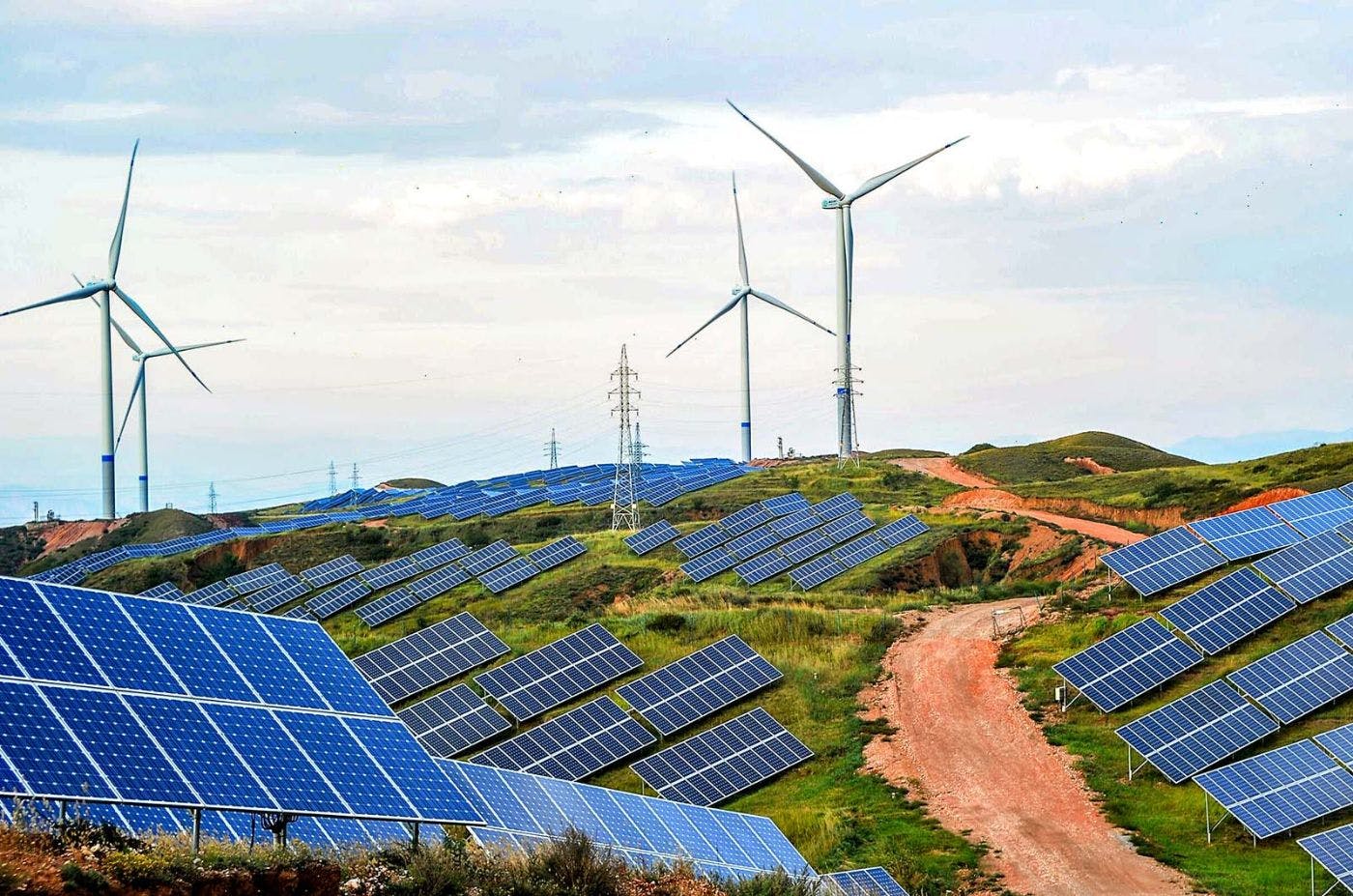303 reads
The Benefits of Renewable Energy: Why Clean Energy Is Good for Our Health, Environment, and Economy
by
November 28th, 2022
Audio Presented by

Hi, my name is Dmitry, I'm an electrical Engineer and as a hobby I study the world of mining, cryptocurrency.
About Author
Hi, my name is Dmitry, I'm an electrical Engineer and as a hobby I study the world of mining, cryptocurrency.
